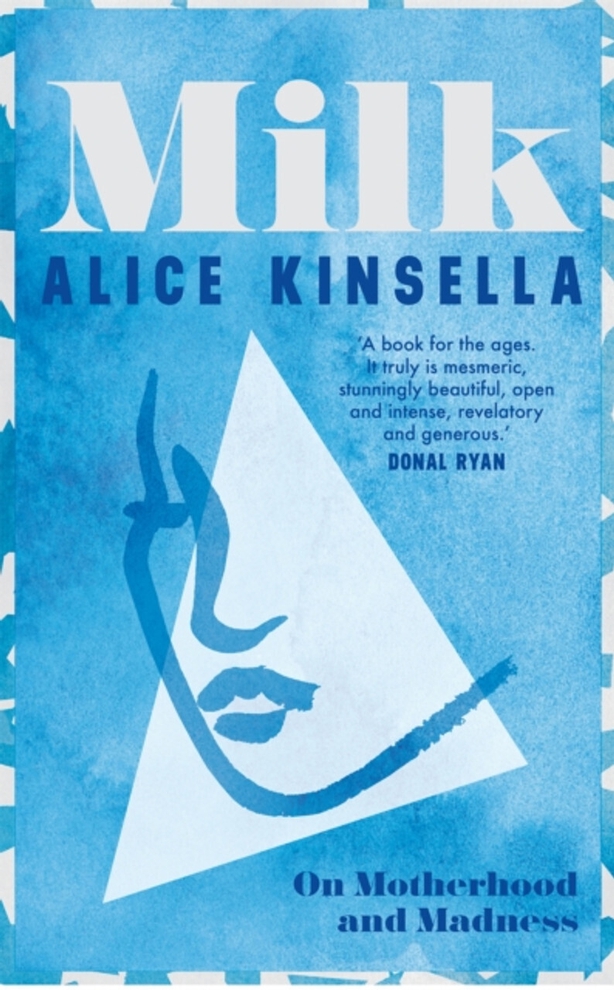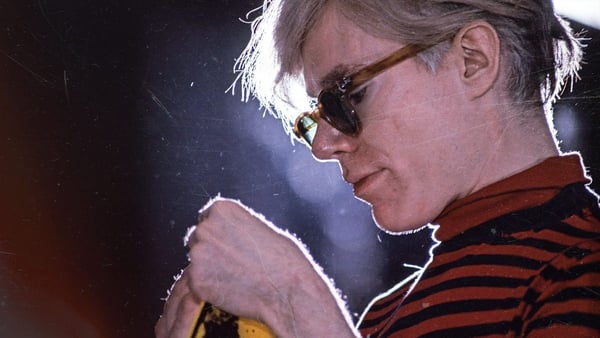Contemporary Ireland is haunted by a national history which has treated women terribly. The spectres of the oppression of women loom large: from the Magdalene Laundries to the only recently repealed 8th amendment to the Irish constitution, which favoured an unborn baby over the life of the mother. This 'ever-present history' is the national landscape that is woven with Alice Kinsella’s own journey of new motherhood in her debut memoir Milk: On Motherhood and Madness. The road taken is a terse one, lined with fear of what the future holds in every sense, be it bringing a baby into a world facing imminent climate crisis to personal mental illness. Presented in sharp fragments, this deft meditation pierces straight to the core of motherhood, in all its tenderness and strife.
In reading this memoir, I found a particular joy in the slipperiness of personal history. Who amongst us, when asked to tell of their past could start at the beginning and tell their story linearly? Kinsella does this beautifully, with each of the chapters given a negative or positive number, with the ‘zero’ on the timeline as the birth of her child: everything else exists as pre- and post- this seismic event. This shifting format reflects the vital nature of life-writing, weaving strands of the past and present to create a rich tapestry.
Creation becomes difficult, as Kinsella details how pregnancy brings with it an inability to write, to read. The poems don’t flow as they used to, as the body takes on the corporeal task of recreation. She draws on Carolina Alvardo Molk’s essay Maternal Landscapes, making a case for fragmented writing as a particularly maternal form, one which is ‘tailored to me, to the bits of time I had for myself.’ To Kinsella, and undoubtedly to many others with caring responsibilities, these snippets of time come as a solace, and in it, the writer finds herself on the page: ‘These fragments of myself, who I used to be. Perhaps there is a language I can speak.’ Undeniably, Kinsella’s Milk is a feat in Irish memoir, one which speaks the words Irish women need to hear.
Milk is an exquisite excavation of Kinsella’s personal history, unearthing new meanings of her past, bringing it into a sharp new focus. The author’s history of mental illnesses is the most potent example of this:
‘I hold anxiety in my mouth like a secret. It threatens to spill out or to be drawn back and choke me.’
Kinsella’s illnesses over the years have collected labels she is unsure fit. The symptoms see her bargain with herself by holding her breath and circling the house. These little acts of control to ensure the safety and happiness of her relatives and of herself. She comes to write back to herself on this, from the perspective of new motherhood. How can safety and happiness be guaranteed now, with the world the way it is? And it’s in this that ‘[she] live[s] continuously in the first moments of grief… [Her] chest aches like a bruise.’ This is the ‘madness’ to which the book’s subtitle refers, and the book itself, to me, is a raw search for stability, for categorisation of life’s struggles, a making sense of the ‘madness’.
The voices of other writers, from Maggie Nelson to Anne Enright, are incorporated into the narrative too, creating a kind of chorus of motherhood experiences. In a way, these inclusions offer their own form of mothering, in the guidance they offer the reader and writer alike. Lighting the way and reassuring that they too have walked this path, laden with ‘love and panic.’ American novelist Kate Zambreno is quoted: ‘MOTHER is our point of origin. And when she is gone we are homeless.’ Kinsella explores this act of returning to her own mother for safety, security, in times of unease, and of parsing stories from her grandmother. There is a comfort in support from these ‘keepers of the past,’ alongside complexities of growing into her new mother role. This transition sees Kinsella witness ‘a version of [her]self become history.’

Milk is published by Picador


